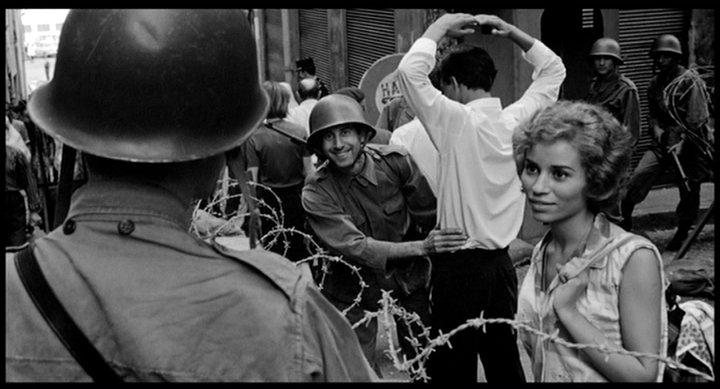In the beginning of the film right after Benjamin has graduated college, he is very stressed out for he does not know what to do in his life. Not to mention, due to his prior accomplishments, he has a lot of pressure to try and outdo what he has already done. However, in Benjamin’s life before he graduated, he had a clear cut path in front of him of what he needed to do; he basically followed what was typical and what his parents wanted to do. After graduating, he did not have this path, and was unsure of what he wanted to do.
However, once Benjamin started seeing Mrs. Robinson, his character changed. He was doing something he wanted to do, not something that was typical or what his parents wanted him to do. Due to this relationship, Benjamin did not only “change” from a boy to a man due to the sexual interaction between the two, but because he was doing something for himself, and people recognized it; his parents kept on bugging him about what he was doing at night and everyone at the hotel he consistently stayed at recognized him. Not to mention at the end of the movie, Benjamin realized that he wanted to marry Elaine because he loved her, not because his parents wanted him to and definitely not because the Robinsons wanted him too. Based on this, while the ending is unclear about what happens to Benjamin and Elaine, Benjamin definitely developed as his own individual throughout the film.

Benjamin’s development also leads back to the generational gap that is conveyed when he is unpleased with his parents antics. As each generation progresses, they develop different tastes and conflict with the previous generation until a point where they have to follow what makes them happy. This theme was made very obvious in the contrast of Elaine and Mrs. Robinson, especially in juxtaposing them in the context of a relationship. The older, Mrs. Robinson generation is portrayed as much more materialistic, while Elaine and Ben’s generation much more intellectual.